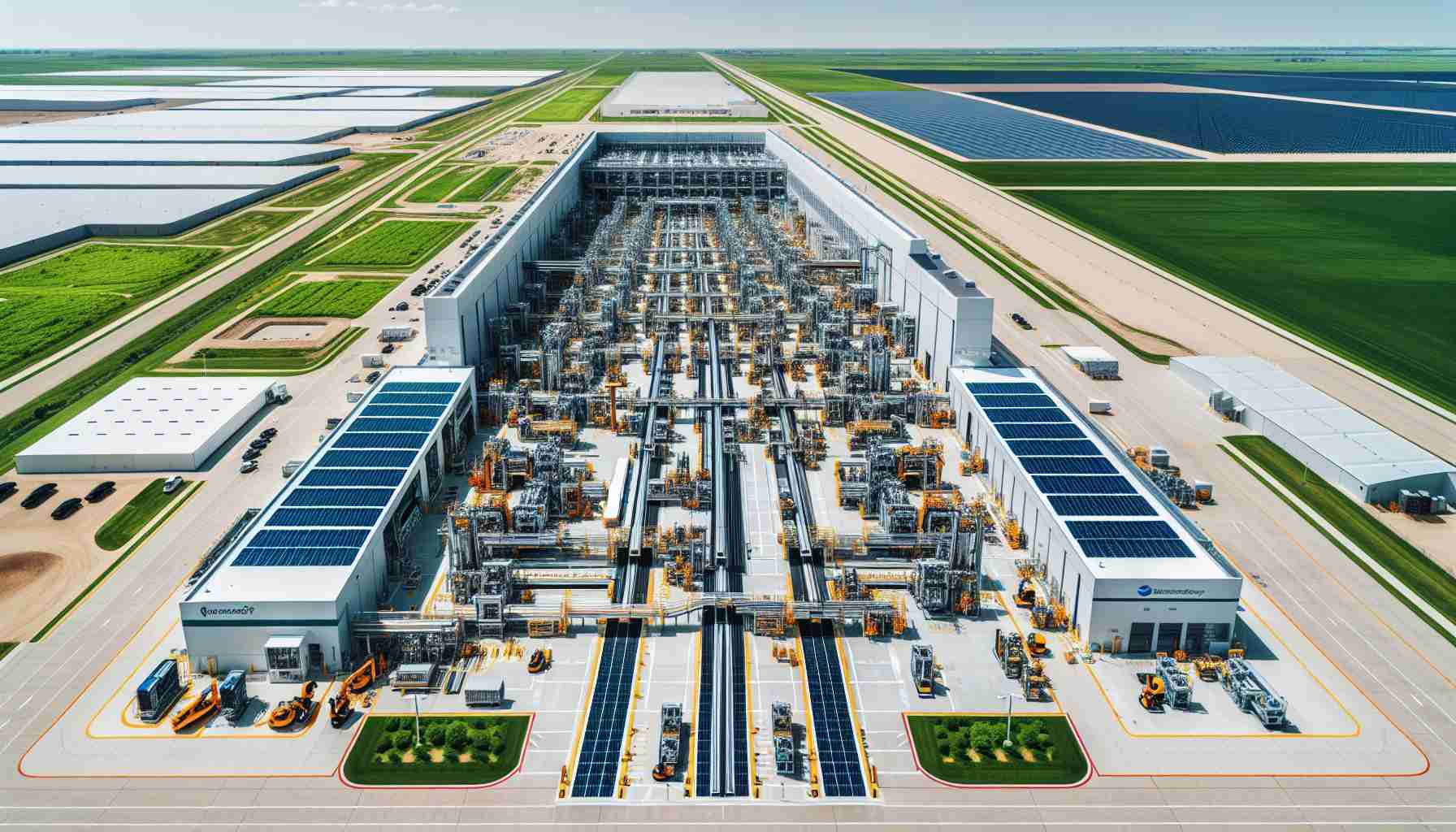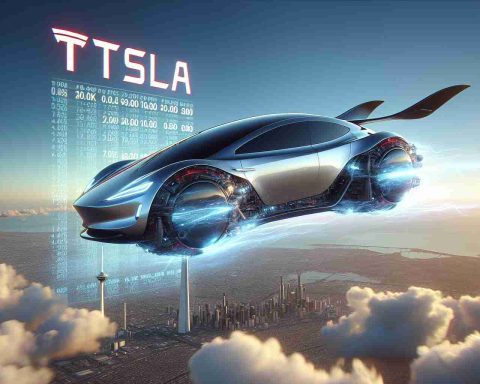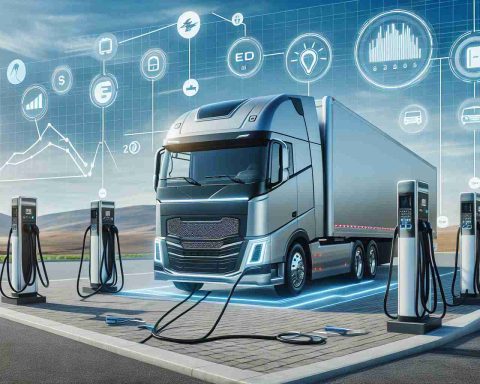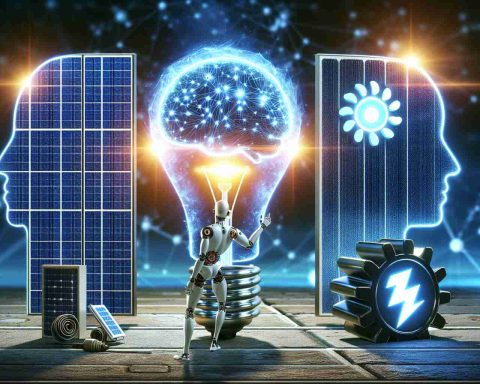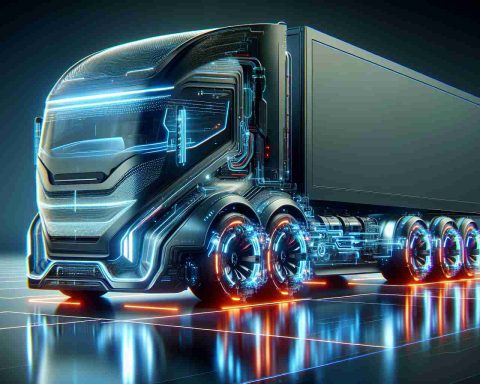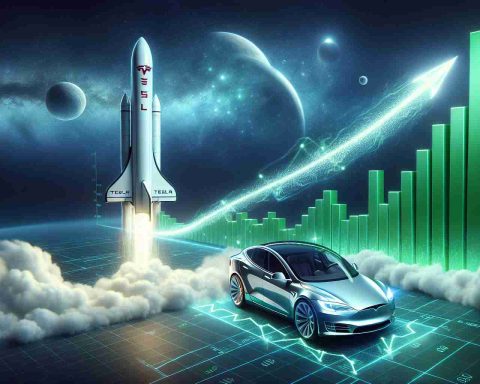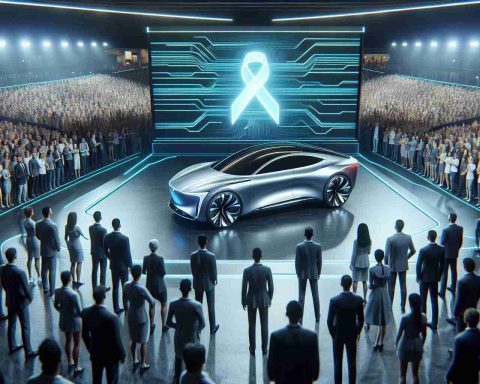This is just the beginning for De Soto!
In an exciting development for Kansas, Panasonic is gearing up to launch one of the state’s largest economic ventures by March. The Japanese technology company is rapidly finalizing its 300-acre facility in De Soto, marking a significant milestone in clean energy production.
Construction kicked off in late 2022, and the plant is poised to produce over 60 lithium-ion batteries every second, catering to the booming electric vehicle market. The local government, led by Democratic Governor Laura Kelly, emphasized Kansas’ dedication to leading in sustainable energy solutions with this initiative.
Before the first battery rolls off the line, the construction phase has already injected significant economic benefits into the community. Approximately 3,800 workers have temporarily flocked to De Soto, bringing a range of infrastructure improvements, including new roads and businesses. Leaders anticipate around 1,000 permanent positions by summer and growth to 2,000 by 2026.
De Soto’s Mayor, Rick Walker, acknowledged the long-term advantages of this project, stating that the surge in economic activities will surpass initial incentive costs.
Kansas facilitated this landmark project through the APEX funding program, offering over $800 million in tax incentives with the expectation of substantial returns through increased revenues and better infrastructure.
Despite some skepticism concerning the future demand for electric vehicles, state leaders remain optimistic about Kansas establishing itself as a centerpiece in the clean-energy industry.
The Broader Impact of Panasonic’s Investment in De Soto
The establishment of Panasonic’s battery production facility in De Soto not only transforms Kansas’s economic landscape but also carries significant implications for society, culture, and the global economy. As the demand for electric vehicles (EVs) surges, efforts to ramp up battery production become crucial, redefining the U.S. position in the global supply chain. The facility’s operation is anticipated to foster a culture of innovation and sustainability, catalyzing the shift towards greener transportation alternatives.
This project is expected to have a cascading effect on local economies and job markets. The creation of over 1,000 permanent jobs, with expectations to double, signals a robust opportunity for workforce development in advanced manufacturing. Training programs in renewable energy and sustainability will likely gain traction, encouraging a new generation of skilled laborers specialized in cutting-edge technology.
However, the implications extend beyond economic benefits. The facility’s output is vital in reducing the carbon footprint associated with traditional fossil fuels, reflecting a broader commitment to environmental sustainability. As governments worldwide prioritize reducing emissions, projects like Panasonic’s align with rising global trends toward clean energy adoption.
Looking ahead, the long-term significance of this initiative lies in its potential to enhance energy resilience, support electric mobility, and strengthen international partnerships in renewable technology. As cities embrace electrification, Kansas could emerge as a vital hub in the clean energy economy, influencing future policies and practices on a global scale.
Powering the Future: De Soto Becomes a Battery Production Hub
Panasonic’s Major Investment in Clean Energy
In a groundbreaking move for Kansas, Panasonic is on the brink of launching one of the state’s most significant economic ventures by March. The Japanese technology giant is nearing completion of its expansive 300-acre facility in De Soto, which signifies a pivotal step towards increased clean energy production.
Innovations in Battery Production
The facility, which broke ground in late 2022, is set to revolutionize the electric vehicle (EV) sector by producing more than 60 lithium-ion batteries every second. This ambitious initiative positions Kansas as a vital player in the burgeoning clean energy market, responding to a global surge in demand for electric vehicles.
Economic Impact and Job Creation
The construction phase alone has brought substantial economic benefits to the community, with approximately 3,800 workers temporarily residing in De Soto. This influx has catalyzed infrastructure development, including improved roads and new businesses that enhance local commerce. By summer, local leaders project the creation of around 1,000 permanent jobs, with expectations for this figure to soar to 2,000 by 2026.
De Soto’s Mayor, Rick Walker, has expressed confidence in the long-term economic advantages of this venture, asserting that the benefits derived from increased economic activity will significantly outweigh the initial investment costs.
Overview of APEX Funding Program
The success of this landmark project is bolstered by Kansas’ APEX funding program, which has allocated over $800 million in tax incentives. This program not only underscores the state’s commitment to clean energy but also anticipates a notable return on investment through enhanced revenues and upgraded infrastructure.
Challenges and Optimism
While there have been concerns about the sustainability of EV demand, state leaders remain optimistic about Kansas emerging as a central hub for clean energy initiatives. The ongoing investments reflect a strategic intention to diversify the local economy and improve the state’s overall sustainability.
Key Features of the Panasonic Facility
– Size: 300 acres
– Production capacity: Over 60 lithium-ion batteries per second
– Jobs created: Anticipated growth from 1,000 to 2,000 by 2026
– Investments: Over $800 million in tax incentives via the APEX program
– Projected Economic Impact: Long-term job growth and infrastructure development
Looking Forward: Trends and Predictions
As Panasonic gears up to commence operations, experts predict that De Soto will not only bolster the local economy but could also set a precedent for future clean energy projects in Kansas and beyond. The focus on green technologies aligns with global trends towards sustainability and innovation in the automotive industry.
In summary, as the De Soto facility prepares to begin production, it marks not just a significant investment but a transformative moment for the local community and the clean energy sector at large. The collaboration between the state government and Panasonic signals a forward-thinking approach toward a sustainable future.
For more information on clean energy developments, visit Panasonic.

